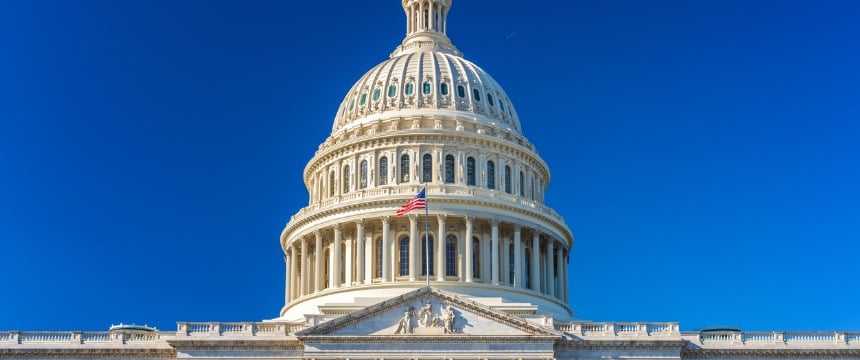President Signs Uyghur Forced Labor Prevention Act – Next Steps for Compliance

As we predicted, President Biden signed the Uyghur Forced Labor Prevention Act into law on December 23, 2021. The law bans the import of goods produced in the Xinjiang Uyghur Autonomous Region (XUAR), and it goes into effect on June 21, 2022. Under the law, the following goods are presumed to be the product of forced labor and are barred from entering the United States:
- goods that are mined, manufactured, or produced in Xinjiang, wholly or in part;
- goods produced by entities that work with the Xinjiang regional government to recruit, transport, transfer, harbor, or receive forced labor out of Xinjiang;
- export products to the United States that are (i) made wholly or in part in Xinjiang or (ii) made by entities that work with the Xinjiang regional government to recruit, transport, transfer, harbor, or receive forced labor out of Xinjiang;
- source material from Xinjiang</strong>; or
- source material from persons working with the Xinjiang regional government or the Xinjiang Production and Construction Corps. (XPCC) in connection with government programs that use forced labor such as the “poverty alleviation” and “pairing-assistance” programs
This presumption is not limited to goods produced by companies that are located in Xinjiang. It also applies to products made by companies based outside of XUAR and outside of China that source material from XUAR or produce even a portion of the product inside XUAR.
Under the law, the presumption of forced labor is rebuttable if an importer can demonstrate to U.S. Customs and Border Patrol (CBP) that:
- the goods were not produced wholly or in part by convict labor, forced labor, or indentured labor;
- the importer has complied with diligence requirements; and
- the importer has been responsive to CBP follow-up inquiries.
If CPB finds that an importer has successfully rebutted the presumption, it must issue a public report and send it to Congress. As a practical matter, it seems unlikely that an importer will be able to provide sufficient information to CBP for it to make and publish such a finding.
Companies impacted by this law will have 75 days from the date of enactment, March 8, 2022, to submit comments to the Forced Labor Enforcement Task Force (DHS, State, USTR, DOJ, Commerce, USAID, and Treasury). The comment period will open 30 days from enactment. Given the bipartisan political support for this law, comments suggesting a weakened or delayed enforcement mechanism are not likely to generate much interest.
The Task Force has 180 days to submit a report to Congress describing its enforcement strategy, which will largely focus on equipping CBP with the personnel, resources, and technology to implement the law. The report will also contain the following information that will help importers comply with the law:
- a list of companies in XUAR that use forced labor to mine or produce products;
- a list of companies that work with the regional authorities to supply forced labor out of XUAR;
- a list of products made by companies using forced labor;
- an enforcement plan for polysilicon; and
- guidelines for importers on due diligence or supply chain tracing methods.
The last two bulleted points above will be especially informative and provide impacted companies with the best opportunity to influence the enforcement and compliance regime. They are also the two areas that have proved most difficult to define. CBP’s Withhold Release Order (WRO) preventing the import of silica-based product and materials and goods derived from or produced using those silica-based products made by Hoshine Silicon Industry Co. Ltd. has been in effect since the end of June 2021, and importers still lack clarity on enforcement priorities and the types of supply chain tracing that companies can use to demonstrate compliance.
Companies in the solar industry in particular should prepare a robust strategy for engaging with the government agencies on the Task Force to ensure that compliance with the new law is as clear and straightforward as it can be. Companies should continue to review their own supply chains to ensure that exposure to product sourced from or assembled in XUAR is eliminated. Companies that fail do to so before the Uyghur Forced Labor Prevention Act becomes effective, on June 21, 2022 will face severe supply chain disruptions.
Should you have any questions about the Uyghur Forced Labor Prevention Act, its impact on your company, or strategies for effective engagement, please contact Mike Walsh, Jeff Atkin, Vanessa Miller, David Simon, or your Foley attorney for more information.


